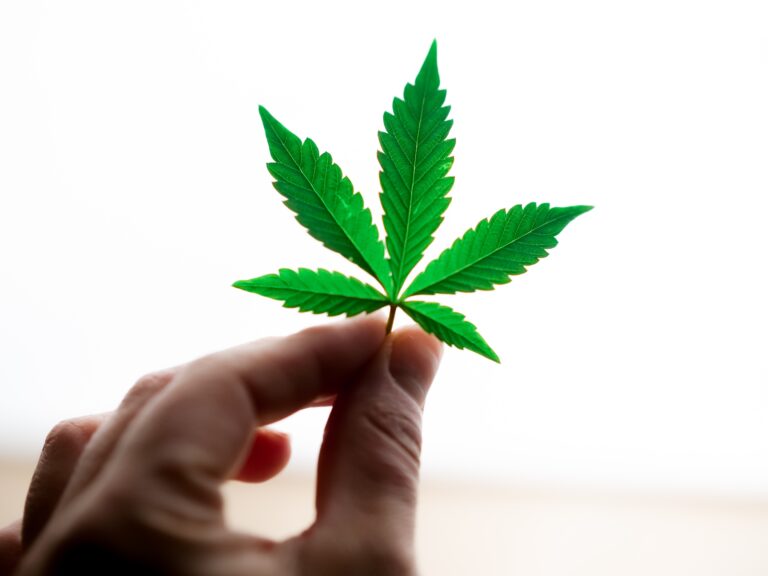What is the legality of cannabis in Pakistan?
In Pakistan, cannabis is illegal for recreational and medical purposes. The use, possession, sale, and cultivation of marijuana are strictly prohibited under the country’s law. Pakistan’s law enforcement agencies have been actively cracking down on cannabis use and distribution. However, despite its illegal status, marijuana remains a widely consumed drug in the country, and enforcement of these laws is often inconsistent.
What is the public opinion on cannabis in Pakistan?
Public opinion on cannabis in Pakistan is divided, with some people considering it a harmless recreational drug, while others view it as a dangerous substance that leads to addiction and criminal behavior. The use of cannabis is deeply rooted in Pakistan’s culture, particularly in rural areas where it is often consumed as a traditional remedy for various ailments. However, due to the country’s conservative Islamic values, many people in Pakistan still strongly disapprove of marijuana use and support its continued criminalization.
What are the laws and penalties for marijuana use in Pakistan?
The primary legislation governing the use, possession, sale, and cultivation of cannabis in Pakistan is the Control of Narcotic Substances Act, 1997. Under this law, the following penalties can be imposed for marijuana-related offenses:
- Possession: Possession of cannabis can result in imprisonment for up to two years, a fine, or both.
- Sale and distribution: Selling or distributing cannabis can lead to imprisonment for up to life, a fine, or both.
- Cultivation: Cultivating cannabis plants can result in imprisonment for up to seven years, a fine, or both.
However, as mentioned earlier, the enforcement of these laws can be inconsistent, and penalties may vary depending on the specific circumstances of each case.
What is weed called in Pakistan?
In Pakistan, weed is commonly referred to as chars or garda. These terms are used to describe the resinous form of cannabis, which is traditionally consumed by smoking. Other names for cannabis in Pakistan include bhang (a cannabis-infused drink) and hashish (a concentrated form of cannabis).
Is CBD legal in Pakistan?
Cannabidiol (CBD), a non-psychoactive compound found in cannabis, is also illegal in Pakistan. This means that products containing CBD, such as oils, capsules, and creams, are not allowed to be sold, possessed, or consumed in the country. There is currently no legal distinction between CBD and other forms of cannabis in Pakistan’s drug laws.
Is medical cannabis legal in Pakistan?
Medical cannabis is not legal in Pakistan, and there is no legal framework in place for its use, possession, or distribution for medical purposes. This means that patients suffering from conditions that could potentially benefit from medical cannabis have no legal access to the drug in the country.
Can I grow marijuana in Pakistan?
Growing marijuana in Pakistan is illegal and punishable by law. As mentioned earlier, cultivating cannabis plants can result in imprisonment for up to seven years, a fine, or both. Despite the legal risks, cannabis cultivation remains a widespread practice in some rural areas of the country, particularly in the northern regions where the plant grows naturally.
The primary government law related to cannabis in Pakistan is the Control of Narcotic Substances Act, 1997. This legislation outlines the legal framework for the control and regulation of narcotic substances, including cannabis, in the country. For more information on drug laws and policies in Pakistan, you can visit the websites of the Anti-Narcotics Force and the United Nations Office on Drugs and Crime (UNODC) Pakistan.
